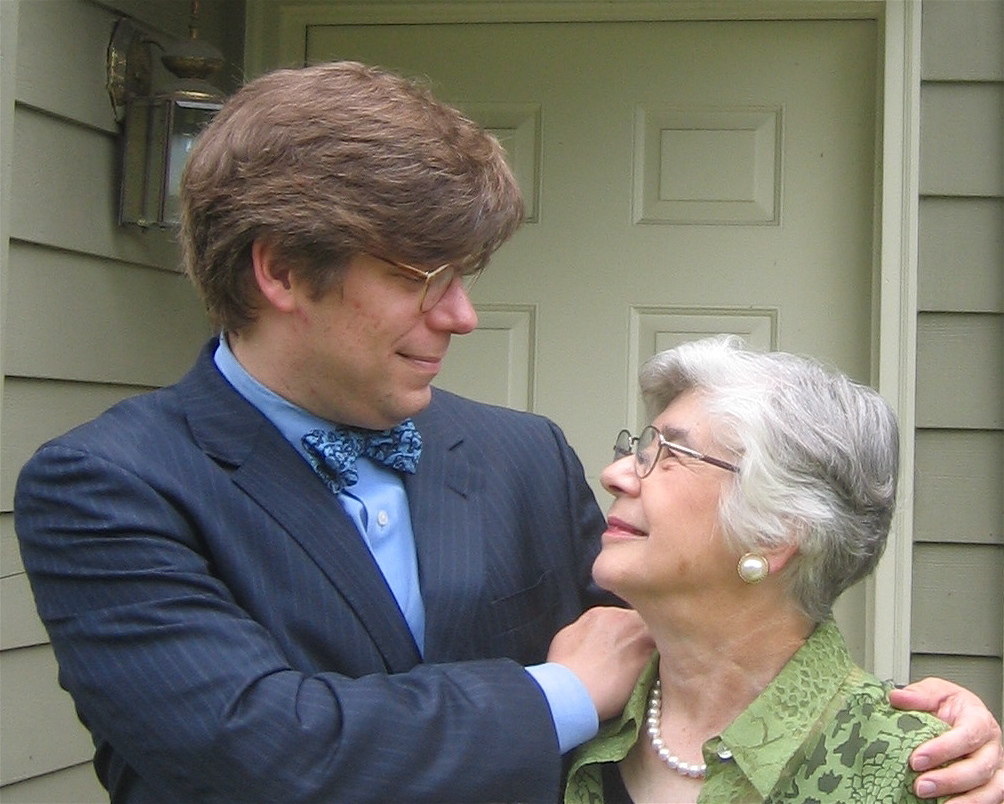It's one thing to dream idly of exacting vengeance on Those Who Have Wronged One, but it is never Perfectly Proper to follow through, as Julie Lawrence of Cornwall is discovering, Etiquetteer hopes to her sorrow. Ms. Lawrence held a birthday party for her child. And just as at parties for grownups, someone who said he was coming didn't come after all. In this case it was five-year-old Alex Nash, who was already scheduled to spend time with his grandparents that day. Now double bookings happen, and when discovered they involve a certain amount of groveling from the Absentee Guest and tolerant understanding from the Neglected Host (who may choose to use caution when issuing any future invitations), if the social relationship is to continue.
Ms. Lawrence, for whatever reason, chose instead of send an invoice for the cost of entertaining Young Master Nash to his parents. You will not be surprised to learn that Etiquetteer has a Big Problem with this, for a few reasons. First of all, how on earth is this going to affect the ongoing social relationship of Young Master Nash and the Unnamed Birthday Child? How embarrassing for both of them, especially since they will continue to have to see each other at school whether or not their friendship has survived this Social Mishap. For Heaven's sake, won't someone think of the children?!
Second, hospitality is supposed to be freely given, without expectation of reciprocity. Though recipients of hospitality are moved by Perfect Propriety to reciprocate, this should not be expected. For hospitality to be freely given, in this case, means accepting the expense of Absent Guests with Good Humor. Etiquetteer understands how frustrating it is spending money on guests who don't show up, but if one is not willing and able to suffer absentees more gracefully, one should not be entertaining socially. And to describe oneself as "out of pocket" suggests that one is Entertaining Beyond One's Means.
And lastly, for this to be paraded so publicly - well, Etiquetteer can see the entire community questioning Ms. Lawrence's judgement and ability to raise a child by behaving this way.
The Nash family, however, comes in for its share of disapproval, since it appears they didn't try to contact Ms. Lawrence before the party to say that Young Master Nash would be unable to attend.
Under the circumstances, it doesn't look like these families have any interest in Social Reconciliation, but if they do it will involve Lovely Notes of Contrition on both sides.
Long story short, don't make a scene.










